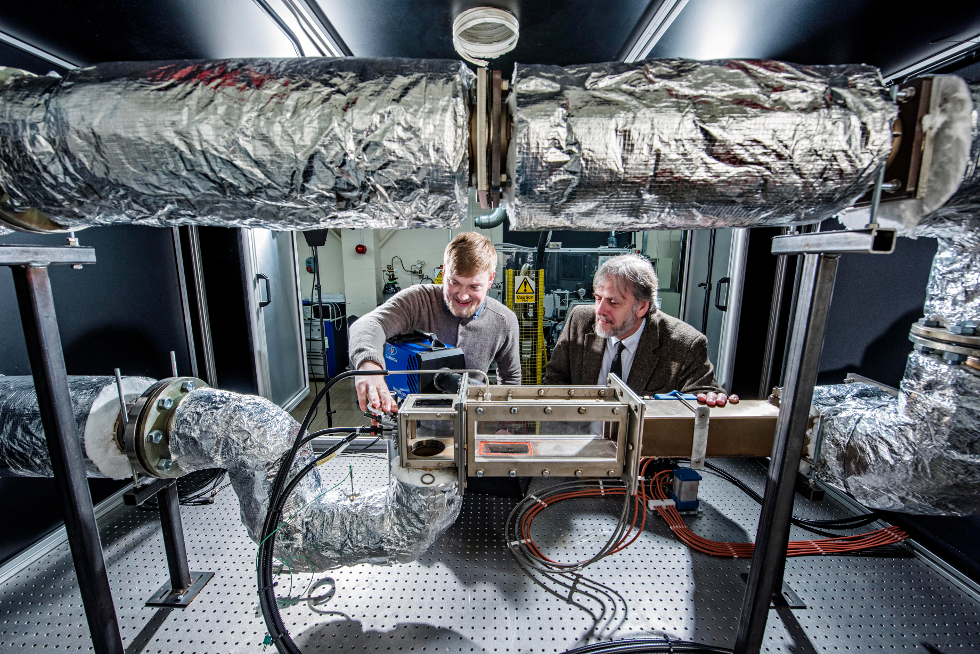'Industry first' technology promises significant cut in NOx emissions from diesel engines
An industry-first technology developed in the UK could significantly cut nitrogen oxide emissions in diesel engines.

The Ammonia Creation and Conversion Technology (ACCT) created by academics from Loughborough University’s School of Mechanical, Electrical and Manufacturing Engineering is said to increase the capacity of existing on engine after treatment systems.
Nearly all new diesel vehicles are fitted with a Selective Catalytic Reduction (SCR) system to try and remove nitorgen oxide (NOx) emissions produced by combustion. This system uses so-called AdBlue to safely provide the ammonia required to reduce NOx into nitrogen and water.
According to the University, AdBlue only functions well at high exhaust temperatures, typically in excess of 250ºC, so the SCR does not necessarily operate at all engine conditions, for example, during short, stop-start commutes, particularly in urban areas or on construction sites. Furthermore, the use of AdBlue at these lower temperatures can result in severe exhaust blockages and subsequent engine damage.
ACCT is an AdBlue conversion technology that uses waste energy to modify AdBlue to work at these lower exhaust temperatures. By greatly extending the temperature range at which SCR systems can operate the new technology significantly enhances existing NOx reduction systems.
Register now to continue reading
Thanks for visiting The Engineer. You’ve now reached your monthly limit of news stories. Register for free to unlock unlimited access to all of our news coverage, as well as premium content including opinion, in-depth features and special reports.
Benefits of registering
-
In-depth insights and coverage of key emerging trends
-
Unrestricted access to special reports throughout the year
-
Daily technology news delivered straight to your inbox










Water Sector Talent Exodus Could Cripple The Sector
Well let´s do a little experiment. My last (10.4.25) half-yearly water/waste water bill from Severn Trent was £98.29. How much does not-for-profit Dŵr...